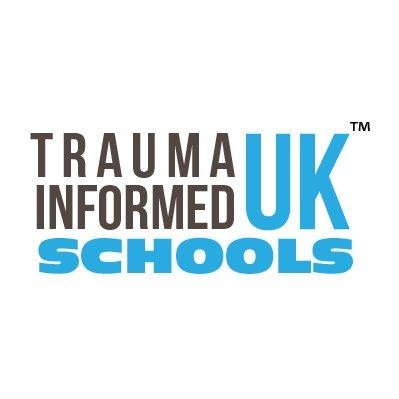At Nanpean School, we believe in providing every child with the opportunity to experience a valued education, academically, emotionally and socially. By rigorously identifying barriers to learning, providing an inspiring and relevant curriculum (that considers the whole child) and providing the necessary support to achieve and develop, we hope that all pupils will reach their full potential. However, there is an increasing body of research and understanding of the impact of ‘Childhood Adversity’ (trauma) on long term mental and physical health.
Trauma can encompass any event that is experienced as: frightening, painful, or out of control, characterised by there being no-one available to support the impact of traumatic toxic stress. As such, even the day-to-day exposure to events such as divorce, loss of a family member or pet, illness within the family, preparing for exams/tests, moving to a new house or school, can be experienced as traumatic. Providing an environment that has safety, connection and compassion at its heart ensures that Nanpean School will never un-wittingly re-traumatise any of our children. By offering emotionally available practitioners, who endeavour to ‘catch a child as they are falling, not after they have fallen’, enhances our passion to improve children’s learning, mental health and quality of life.
By completing the stringent, Trauma Informed School training and receiving on-going supervision, our two school practitioners can:
- Relate to children in ways to alleviate their suffering, support their learning and make them feel cared for and appreciated
- Respond to children who are in distress/stress states in ways that help them to emotionally regulate, feel psychologically safe and develop the capacity to handle stress over time
- Boost children’s self-esteem and confidence
- Listen and empathise when children want to talk about painful issues and help them to reflect and resolve
- Develop an in-depth understanding of what it is like for a child to suffer from specific mental health problems
- Understand the long-term impact of specific childhood experiences and how to enable a child to work through feelings of anger and traumatic loss
- Access the online tool, Motional, to assess, improve and measure change in emotional health and wellbeing
Although we have two lead practitioners, all of our staff have had basic insightful training in relation to how to identify and support relevant children.

